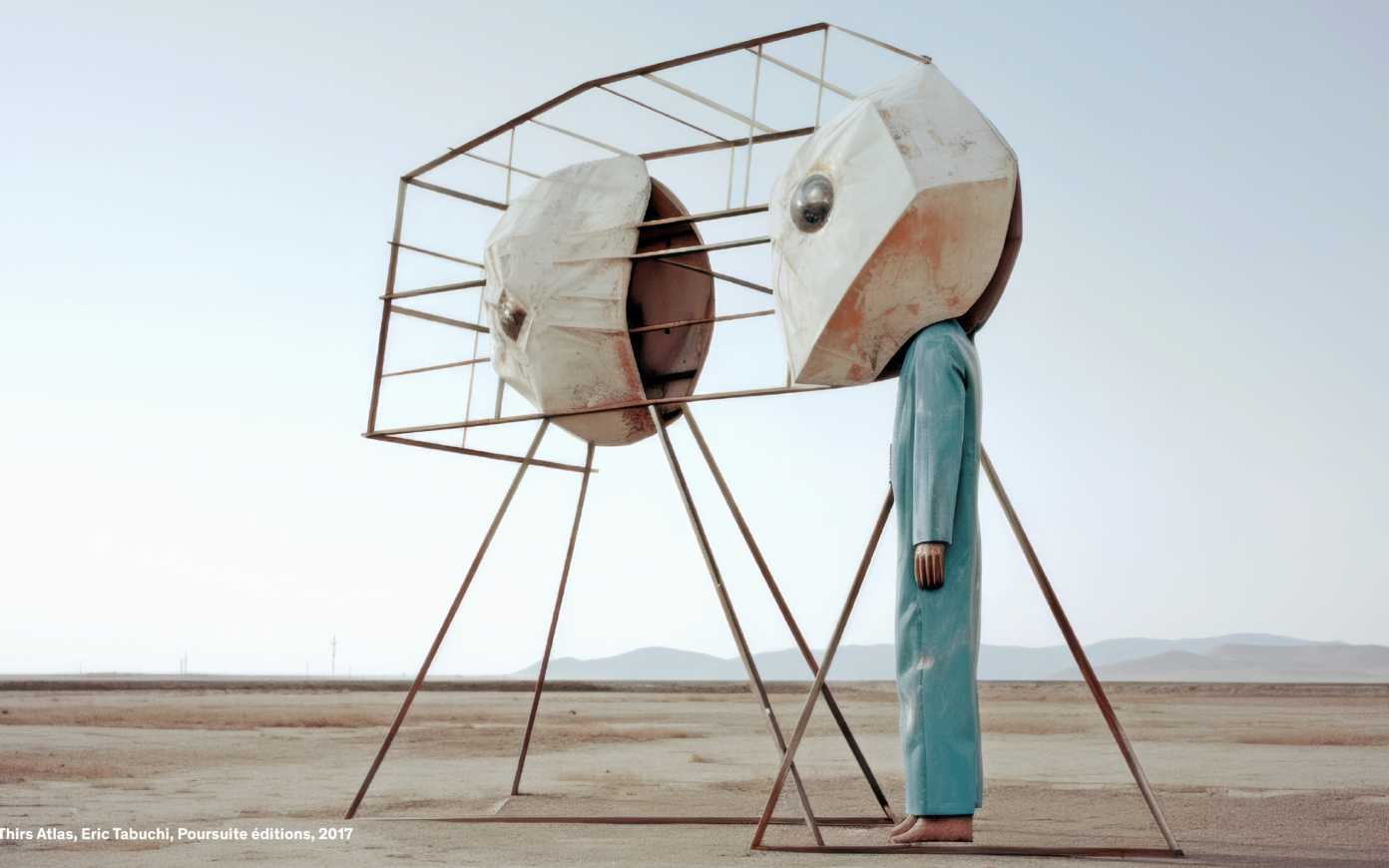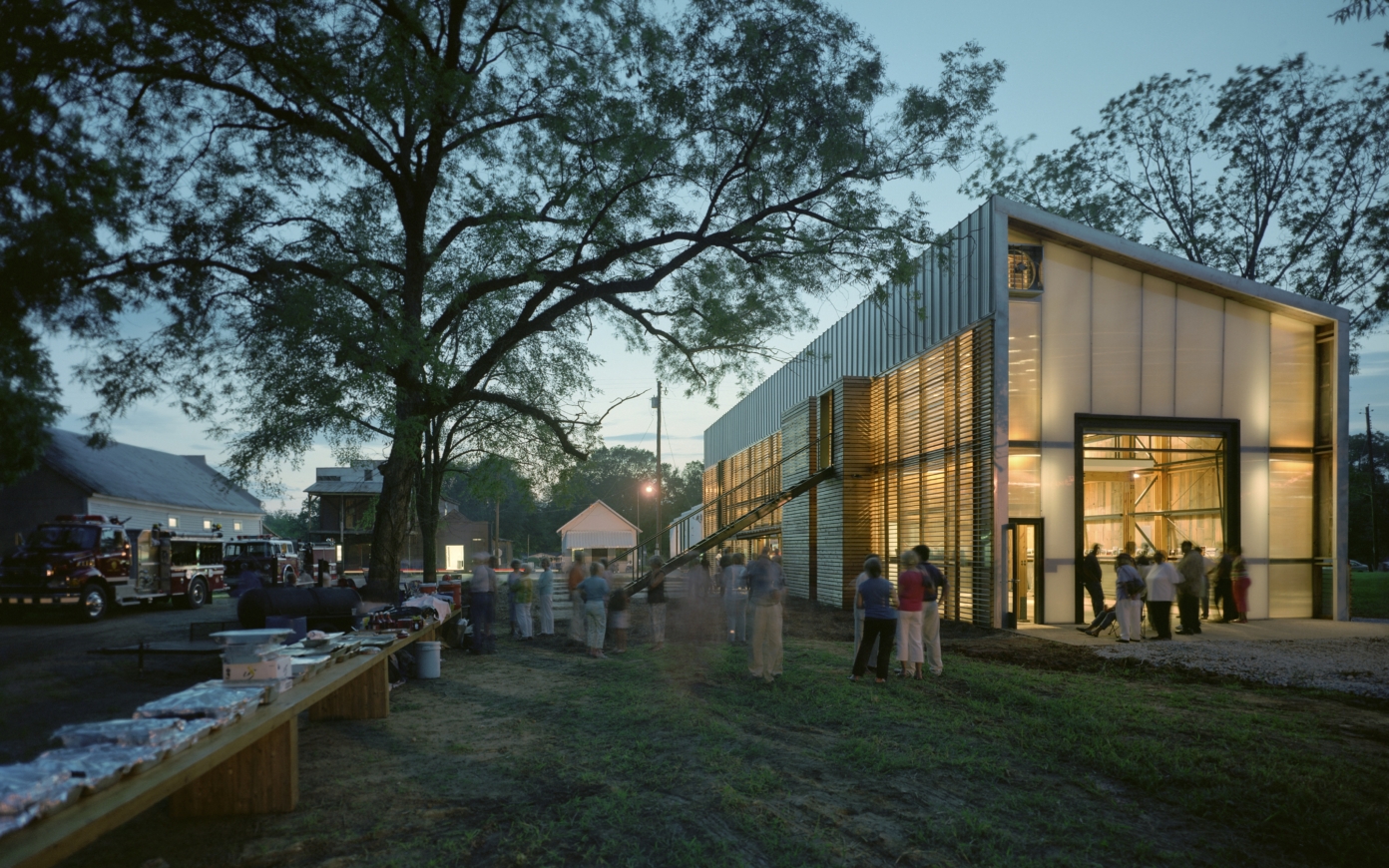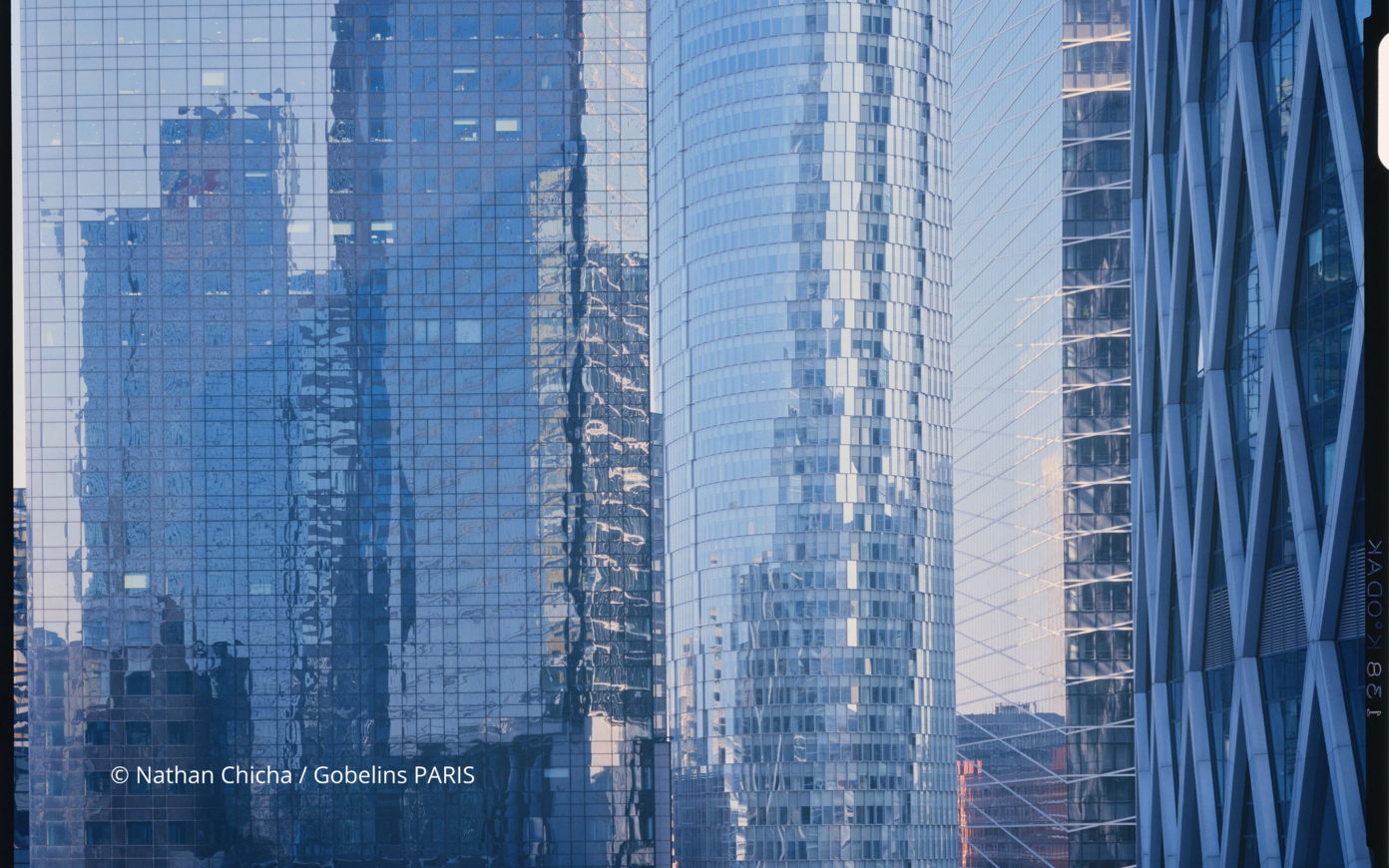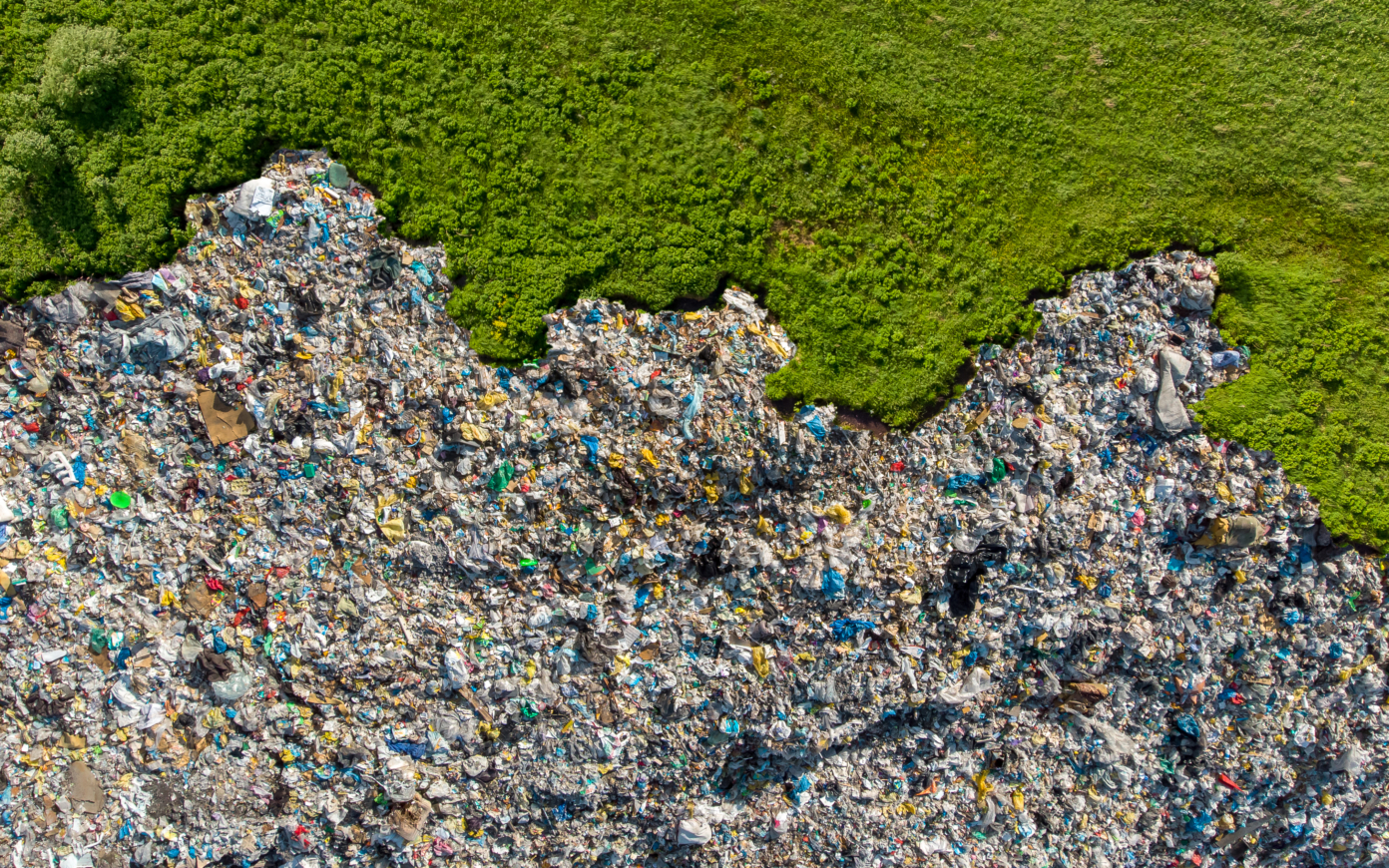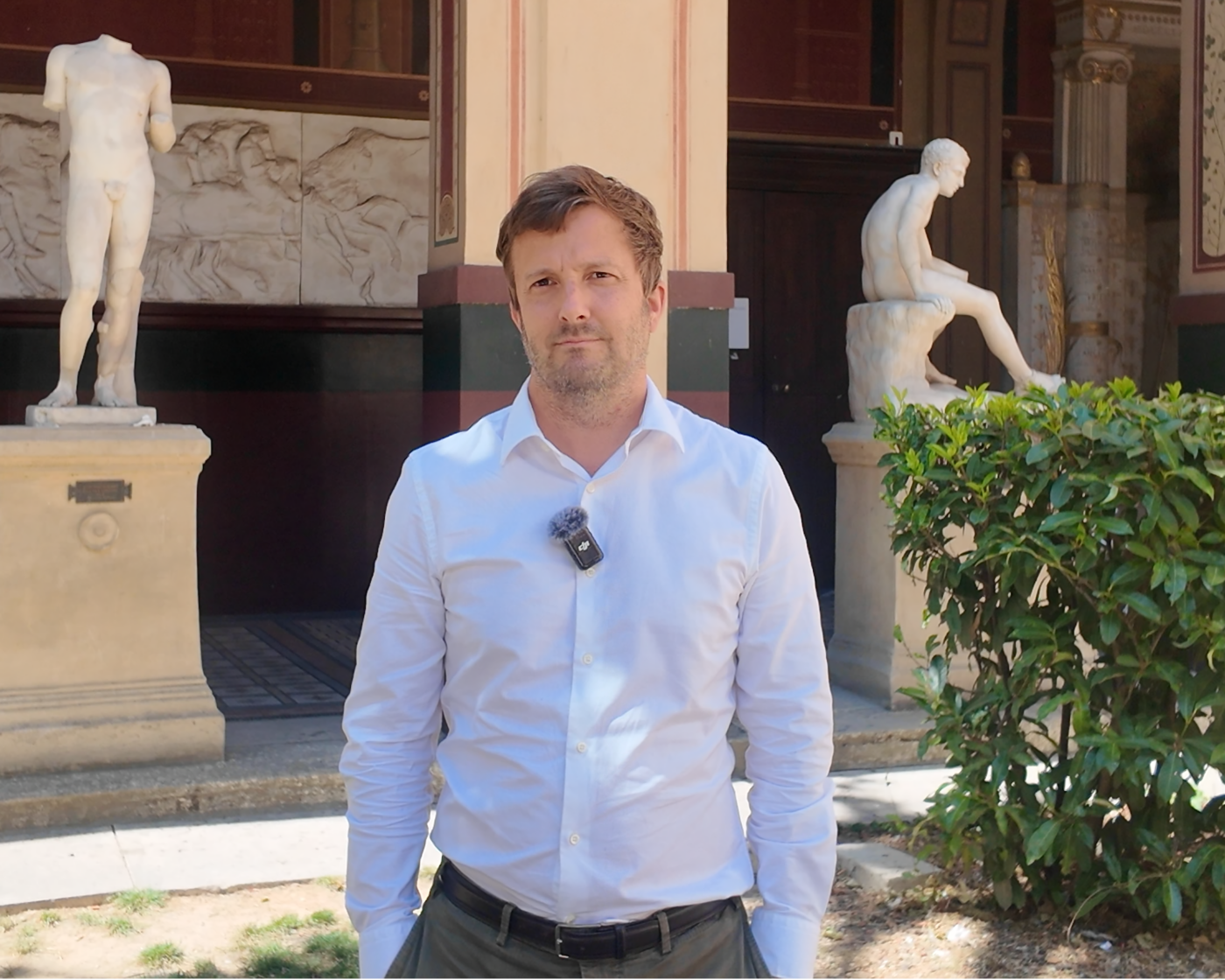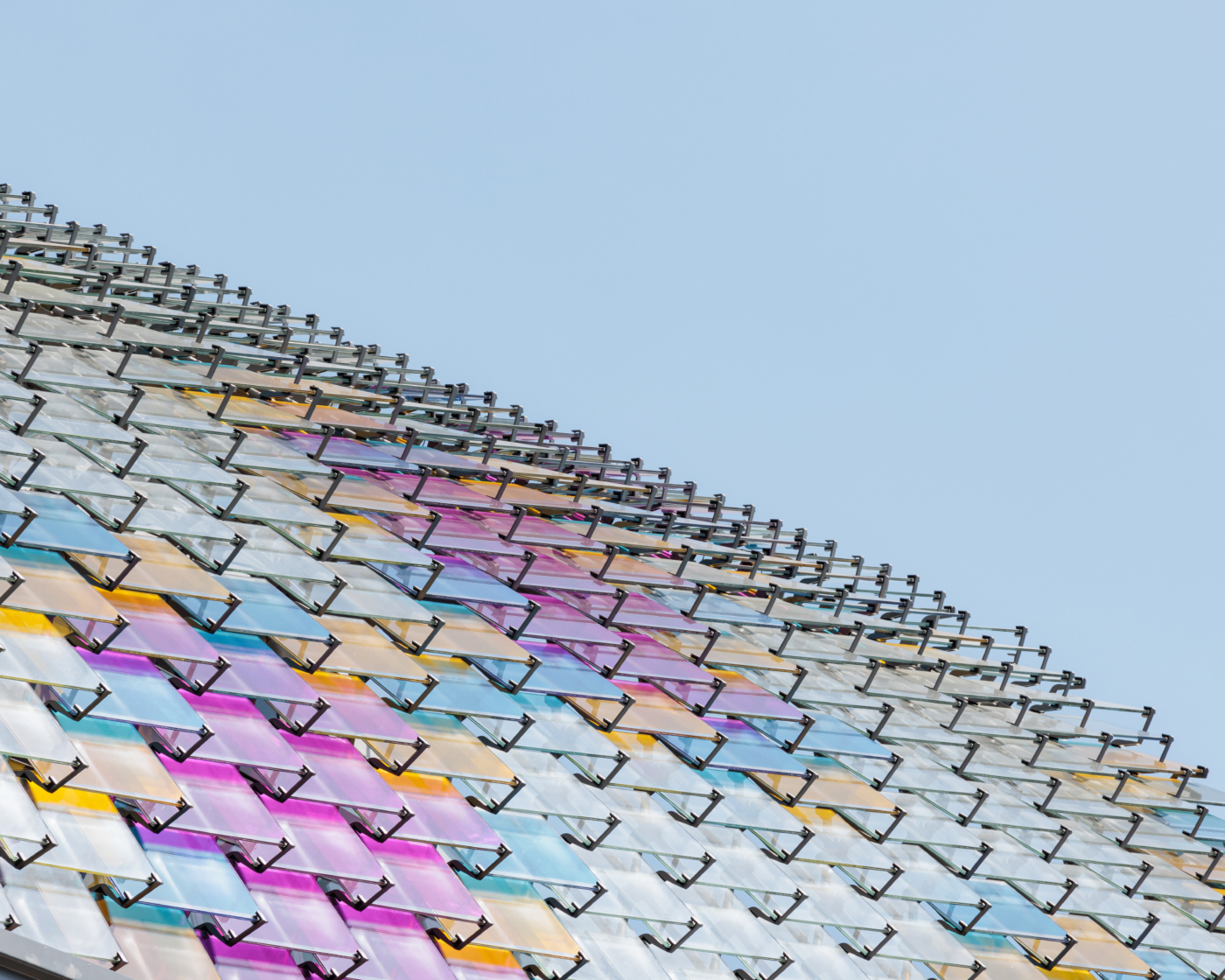The living in the museum

- Publish On 29 January 2018
- Laurent Le Bon
- 6 minutes
Laurent Le Bon is Art historian and curator. He took part into the creation of the Pompidou Center Metz before becoming director of the Picasso Museum in 2014. In parallel with this function, he continues to curate major exhibitions. In 2017, he created Jardins at the Grand Palais and Dioramas at the Palais de Tokyo.
These two exhibitions have in common the confrontation with the aporia that is the representation of the living world in the museum setting. He returns in this interview on the issues and the links between these two events.

